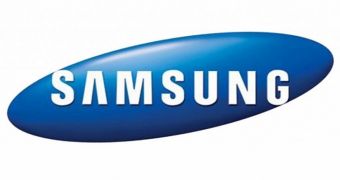It's no secret that Samsung and Apple have been hurling intellectual property lawsuits at each other for years, or that the US DOJ thought something was fishy about it. The latter concern can be put to rest though.
Some time ago, the United States Justice Department began an investigation into Samsung's activities, trying to see if the company wasn't abusing its patents in order to hinder the competition.
We have no doubt that many people around the world thought the whole turn of events was rather ironic.
After all, not only had Samsung not started the whole mess, but it was also losing to Apple, especially in the patent war overseen by the San Jose, California district court. Even now, it is still losing in the Apple-Samsung patent war.
Anyway, the US DOJ has been investigating Samsung's activities, but it has decided to drop the proceedings.
The decision was taken because Samsung finally won for once, proving that its claims actually have some merit behind them.
For those who aren't up to date with things, Samsung filed a patent infringement complaint against Apple at the US International Trade Commission and won an order in June 2013. The order banned the sale of some iPhone and iPad models in the US, though President Obama vetoed the ban last August.
Originally, the DOJ was worried when Samsung raised licensing rates under the threat of import bans. It wouldn't have been worrisome had the patents not been SEPs (standards-essential patents).
But they were, and SEPs have to be licensed under fair, reasonable, and non-discriminatory (FRAND) terms.
In layman terms, the DOJ was, in essence, worried that Samsung was inventing new rules for how technology was licensed and used. Rules that the legal bodies of the United States had not approved themselves.
Don't be fooled though. The dropping of the investigation only means that Samsung and Apple are even more free than before to hurl accusations at each other.

 14 DAY TRIAL //
14 DAY TRIAL //